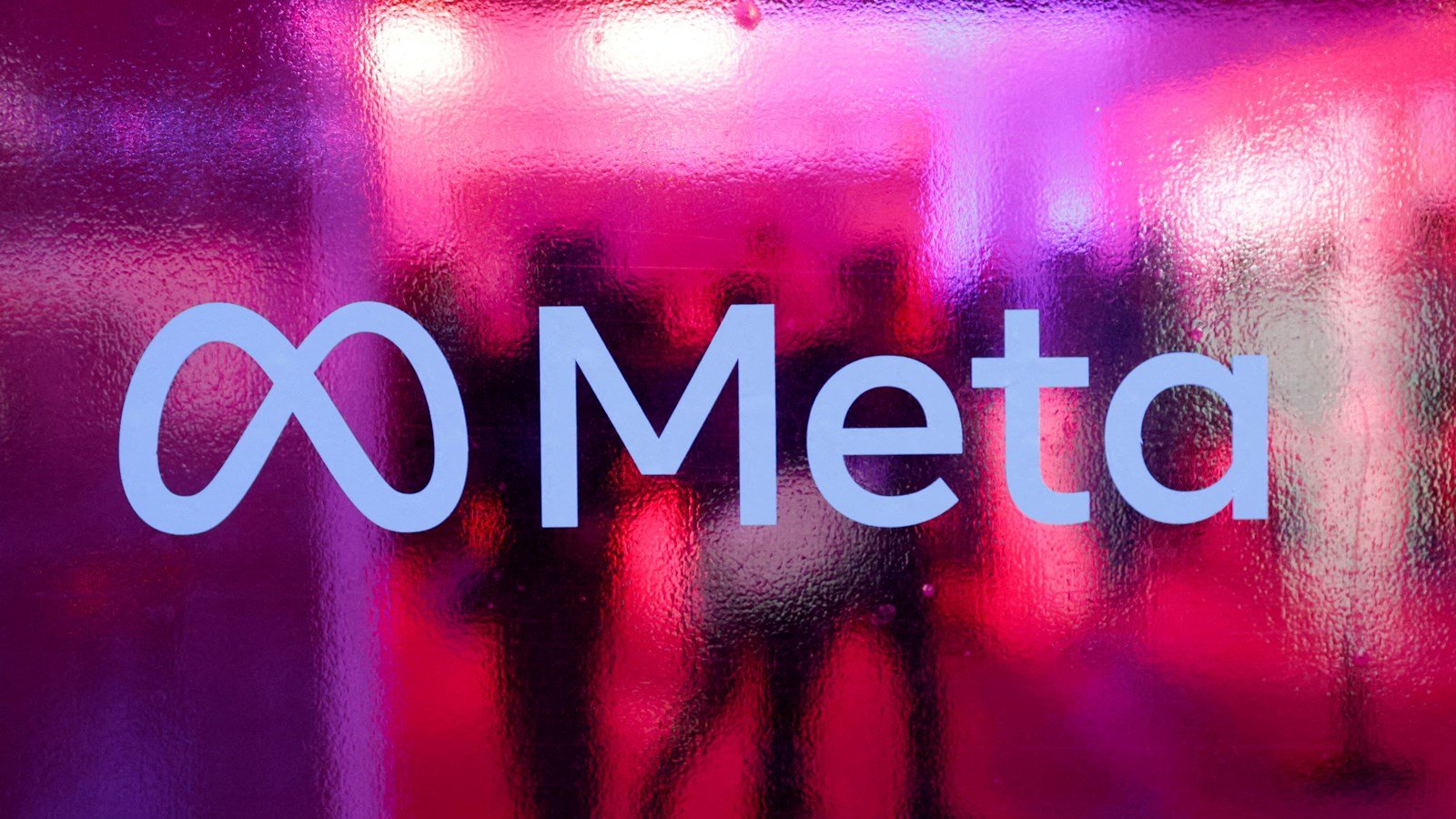In the evolving landscape of Extended Reality (XR), Google has taken a significant stride by collaborating with Samsung and Qualcomm to develop an Android-powered XR platform. This initiative is not only aimed at enhancing immersive computing experiences but also at setting a new standard in the realm of wearable technology. Amidst this development, intriguing discussions have emerged about Google’s attempt to convince Meta, a key player in the XR domain, to adopt its upcoming Android XR platform.
Key Highlights:
- Samsung is working on XR products with Google and Qualcomm, using an unannounced version of Android OS designed for wearable displays.
- Samsung’s XR/MR glasses aim to compete with Meta Quest Pro, focusing on a fully-enclosed VR headset with AR capabilities powered by video passthrough.
- Google’s approach emphasizes immersive computing, leveraging ARCore, Google Maps Live View, and Google Lens as foundational technologies.
- Concerns about Meta’s software quality and design issues raise questions about its competitive edge in the XR market.

Collaboration and Competition in the XR Ecosystem
Google, Samsung, and Qualcomm: A Triumvirate for Innovation
The partnership between Google, Samsung, and Qualcomm signifies a robust effort to push the boundaries of XR technology. Samsung has announced its commitment to developing XR devices powered by a specialized Android OS and Qualcomm’s Snapdragon chipsets. This collaboration aims to create a new generation of immersive computing experiences, leveraging Google’s strengths in ARCore, Google Maps Live View, and Google Lens.
The Challenge to Meta’s Dominance
Samsung’s upcoming XR/MR glasses are poised to be a direct competitor to Meta Quest Pro, offering a unique blend of virtual reality and augmented reality capabilities. Unlike traditional AR glasses, Samsung’s device will feature a fully-enclosed VR headset with external cameras for video passthrough, allowing for a comprehensive immersive experience. This move indicates a significant shift in the competitive landscape, challenging Meta’s current position in the XR market.
The State of Meta in the XR Market
Meta’s Quest has achieved success as a gaming console, but its journey to becoming a competitive general computing platform faces obstacles. Despite possessing a robust hardware foundation, Meta struggles with software quality and design issues, which could hinder its long-term competitiveness. Google’s entry into the market with a polished Android XR platform, combined with high-quality hardware from partners like Samsung, presents a formidable challenge to Meta’s dominance.
A Unique Opinion on the Future of XR
The collaboration between Google, Samsung, and Qualcomm marks a pivotal moment in the evolution of XR technology. As these tech giants unite to forge a new path in immersive computing, the pressure mounts on Meta to refine its software and expand its ecosystem. The future of XR lies not only in the hands of established players but also in the ability of emerging platforms to offer seamless, high-quality experiences. Google’s push for an Android-powered XR ecosystem, backed by Samsung’s hardware prowess and Qualcomm’s chipset innovation, could redefine the standards of immersive technology. Whether Meta will adapt to these changes or carve its own path remains to be seen, but one thing is clear: the XR landscape is set for a dynamic transformation.


















